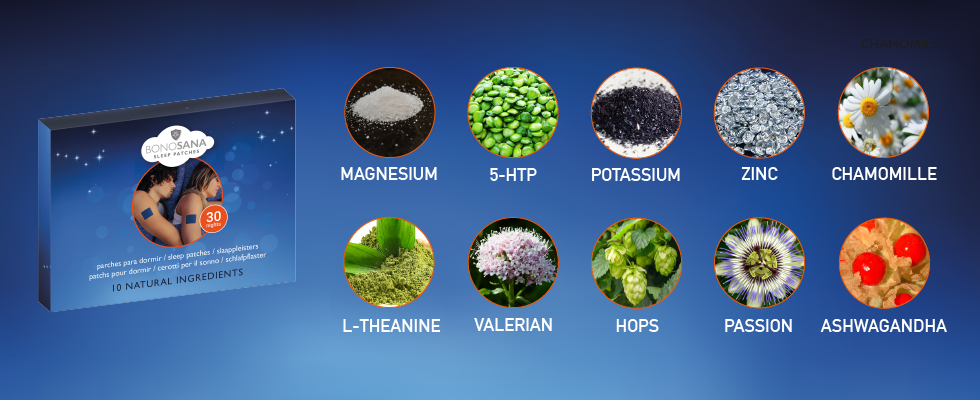The passion flower is a climbing plant from central, southern and North America that produces beautiful flowers and delicious little fruits called passion fruit. In summer, these are increasingly common in shops.
Passiflora became popular in Europe as a calming tea in the 16th century after it was discovered in Peru. Christian missionaries, seeing in the cross-shaped stigma of the flower, the cross of Jesus Christ, gave the plant the name Passiflora, referring to the passion of Jesus and his disciples.
What does passiflora do?
The dried plant or extracts from it have since been used for stress, anxiety and sleep problems. Although we know passiflora for a very long time and this plant was already described in herbal therapy textbooks in the 1930s. We know that passiflora is calming and can improve sleep quality in humans.
The passion flower used as a medicinal plant contains two active ingredients: flavonoids and, in small quantities, essential oil. In addition, the plant also contains other ingredients such as coumarin derivatives. So far, scientists have not been able to name any of the substances as the overriding active ingredient. With the exception of the root, all parts of the plant serve as medicine.
What happens in the human body when preparations containing the active ingredients of the medicinal plant are taken?
The neurotransmitters of the central nervous system inhibit or enhance the response in everyday and special situations. While the neurotransmitter glutamate is considered the main pathogen, γ-aminobutyric acid (GABA), messenger substance with a calming effect, is the main inhibitor.
When released, GABA has a relaxing effect. Too small an amount of the messenger substance therefore leads to inner turmoil, anxiety or sleep disorders. Passion flower extract can increase the concentration of GABA and thus have a calming effect. According to current knowledge, extract from the leaves of the plant is the most effective.
Passion flower & better sleep







